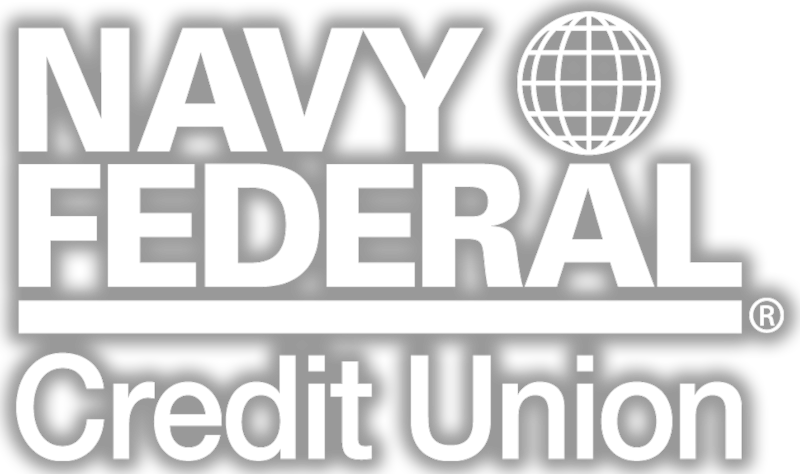This story is provided and presented by our sponsor, Navy Federal Credit Union, a U.S. credit union headquartered in Vienna, Virginia, serving the U.S. Armed Forces and their families, chartered and regulated under the authority of the National Credit Union Administration.
It's essential to give your children a strong foundation in skills like reading and writing. They'll use these skills every day when they grow up. The same attention should be given to develop something that's often overlooked, but equally important: financial knowledge. You use money every day, so teaching your children about money will give them a head start toward developing successful financial habits that will last them a lifetime.
Here are lessons you can teach them at different stages of their life:
Ages 2-5. At this age, begin introducing your child to the concept of money and its role in commerce.
- Turn common errands into learning experiences. Trips to the store, ATM or financial institution are perfect opportunities for you to explain what money does and where it comes from.
- Encourage your child to play "store" or "restaurant" that work in concepts like making a purchase or paying a bill. If you can, use fake money from an old board game to help make the experience more realistic.
- Use coins to show that money has different values, sizes and names. Trace around the outside of different coins and color in the shapes. Then, ask your child to match the coin to the image while repeating its name and value.
- Before going to the grocery store, have your child help you clip coupons. You can even offer to pay them a few cents for each one they clip. Then, go through the coupons when you’re at the store and encourage them to keep an eye out for the products.
- This is a great age for your child to take up coin collecting as a hobby. Have them start with state quarters, and gradually move up to rarer coins and foreign currency. Visit the United States Mint’s kids’ section for more fun activities.
- Give your child three piggy banks or jars labeled "Saving," "Spending" and "Sharing." When they receive money from chores or birthdays, have them divide the money equally among each "account." Have them use their "Spending" account for small purchases like candy, and the "Saving" account for larger purchases like a toy. Encourage them to donate their "Sharing" account to a charity of their choice.
Ages 11-14.
Give your child more financial responsibility by teaching them about savings accounts and investing.
- The next time you have a yard sale, put your child in charge. They may relish the responsibility of inventorying old clutter, setting the value and handling the cash box. You can even pay them a commission on everything sold to reward their hard work.
- The stock market can be complicated, but take small steps with your child by having them invest some of the money they saved. Try a company they’re familiar with, like a toy or electronics manufacturer. Then, read financial news together to track its progress.
- If your child has an allowance, they may need some guidance to keep track of everything they want to purchase. Help them set a budget by determining wants versus needs. You can help them understand by reviewing the family budget and how income is distributed to different accounts.
Ages 15 and up.
Help your child understand the responsibility that comes with managing their money.
- Prepaid debit cards are a great tool when your teen starts making purchases on their own. With some prepaid cards, like the Visa® Buxx Card, you can load funds onto the card, track balances and reload the card online.
- When your teen starts thinking about college, discuss how much you can contribute to their education each year. Start the conversation early, and have them compare schools to see how much each one costs. Be sure to discuss how student loan debt can affect their finances after graduation.
- When you think they’re ready, let your teen start building their credit score with a credit card. Explain the importance of paying off the balance each month and how late fees can affect their credit history.
Celebrate Month of the Military Child by building on a solid financial foundation for your kids. Start small, and gradually give them more responsibility until they can make smart decisions on their own.
To learn about more youth-focused financial products that will help you teach your child good financial habits, visit www.navyfederal.org/youthweek.
You May Also Like:
Navy Federal is federally insured by NCUA. All images used for representational purposes only; does not imply government endorsement. ©2016 Navy Federal Credit Union.






